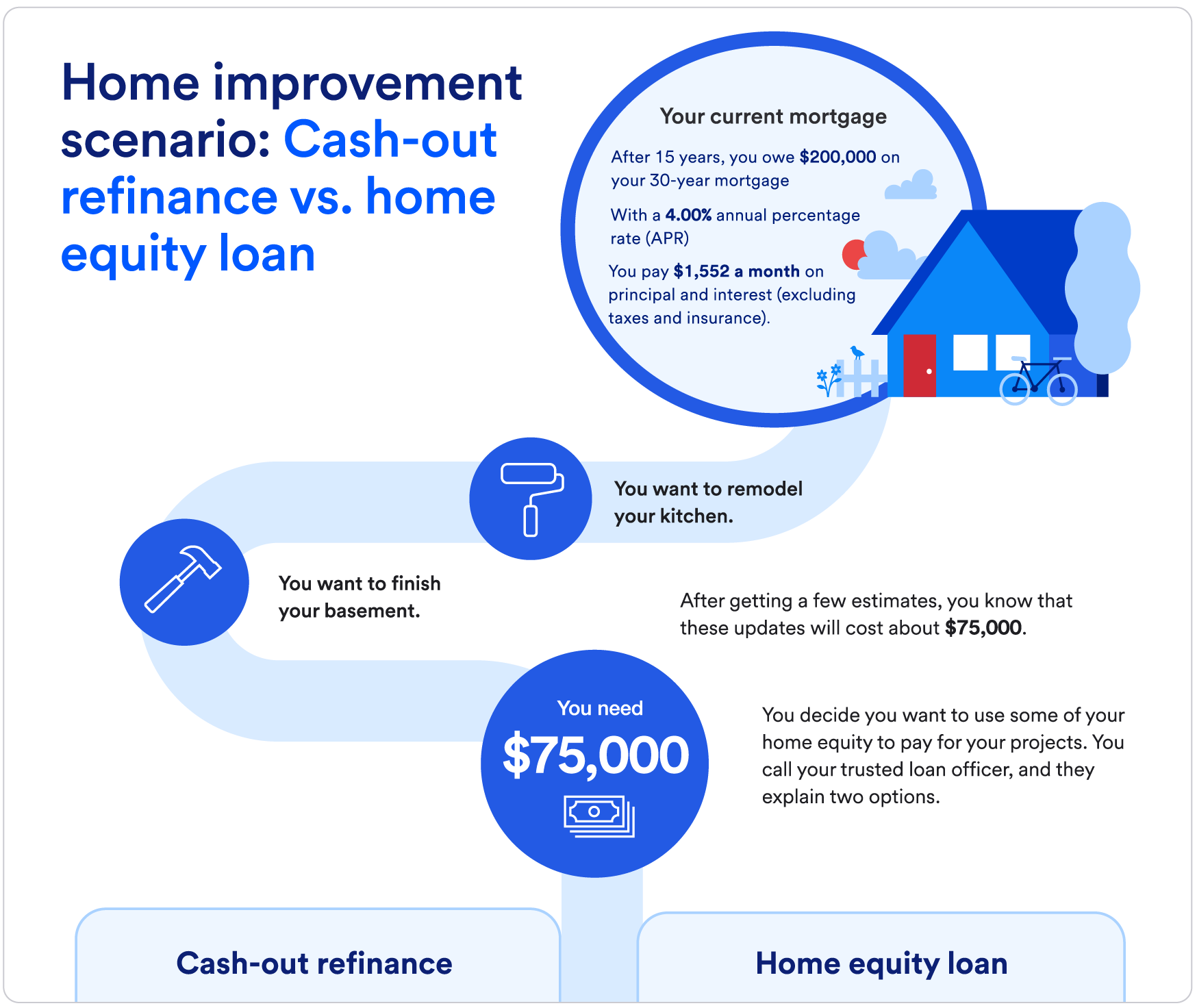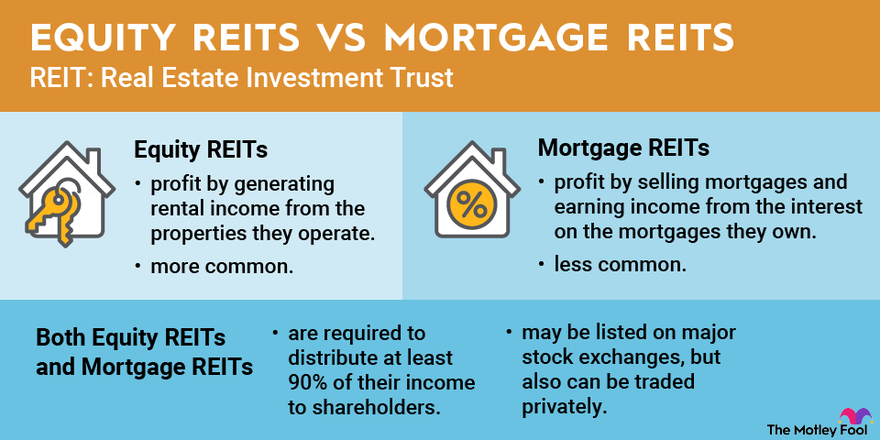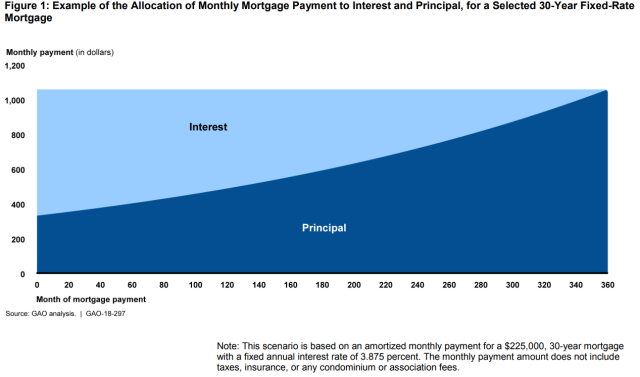What You Should Know You Need to Know About Equity Release Mortgages
What You Should Know You Need to Know About Equity Release Mortgages
Blog Article
A Comprehensive Guide to Selecting the Right Equity Release Mortgages for Your Needs
Picking the appropriate equity Release home mortgage is a substantial decision for numerous home owners. It entails understanding different items and reviewing personal monetary requirements. With choices like lifetime home mortgages and home reversion systems, the course can appear facility. Key factors to consider include rate of interest and versatility. As individuals navigate this landscape, weighing potential risks and advantages comes to be important. What factors should one focus on to guarantee the very best end result?
Comprehending Equity Release Mortgages
Equity Release home mortgages supply a financial solution for property owners wanting to access the worth locked in their homes. Mostly developed for people aged 55 and over, these mortgages enable them to convert part of their home equity into cash money while continuing to live in their homes. Homeowners can make use of these funds for various functions, such as supplementing retired life income, funding home improvements, or covering healthcare costs. The core concept behind equity Release is that the financing is repaid upon the house owner's death or when they relocate into long-lasting care, whereupon the residential property is typically sold to work out the debt. This technique makes it possible for individuals to appreciate the benefits of their home's worth without requiring to transfer. It is crucial for prospective customers to comprehend the implications of equity Release, consisting of potential influence on inheritance and recurring monetary dedications, prior to deciding.
Kinds Of Equity Release Products
When checking out equity Release items, it is important to comprehend the primary kinds readily available. Life time mortgages, home reversion schemes, and drawdown plans each deal special features and benefits. Assessing these alternatives can aid individuals in making enlightened economic choices regarding their property.
Lifetime Home Mortgages Explained
Lifetime mortgages stand for one of the most usual types of equity Release items offered to home owners in retired life. This kind of mortgage enables people to obtain versus the worth of their home while preserving possession. Normally, the car loan and rate of interest accrued are repaid when the home owner dies or relocates into lasting care. Customers often have the option to pick in between fixed and variable passion prices, in addition to whether to make month-to-month payments or let the passion roll up. The amount offered to obtain normally depends on the homeowner's age and home worth. This monetary remedy can provide senior citizens with required funds for numerous requirements, consisting of home enhancements or additional income, while enabling them to continue to be in their homes.
Home Reversion Schemes

Drawdown Plans Introduction
Drawdown strategies represent an adaptable choice within the spectrum of equity Release items, enabling house owners to access their residential property's value as required. These plans allow people to Release a part of their home equity incrementally, instead of receiving a round figure upfront. This adaptability can be specifically beneficial for handling funds with time, as borrowers only pay passion on the quantities they take out. Generally, drawdown plans include a pre-approved limitation, guaranteeing that home owners can access funds when needed without reapplying. Furthermore, this method can aid minimize the effect of worsening interest, as much less money is obtained. Generally, drawdown strategies deal with those seeking monetary adaptability while preserving control over their equity Release trip.
Key Variables to Think About
When selecting an equity Release home mortgage, a number of essential elements require careful consideration. Rates of interest comparison, the loan-to-value proportion, and the versatility of functions offered can greatly influence the viability of an item. Examining these elements will certainly help people make educated choices that align with their economic objectives.
Interest Rates Comparison
Steering the landscape of equity Release mortgages requires cautious factor to consider of rates of interest, which play an important duty in figuring out the total cost of the funding. Customers ought to contrast variable and set prices, as dealt with rates use security while variable rates can change based on market conditions. In addition, the timing of the interest price lock-in can greatly impact the total settlement amount. Prospective borrowers need to likewise assess the annual percent rate (APR), that includes different charges and prices connected with the home mortgage. Recognizing the ramifications of various rate of interest rates will certainly enable people to make educated decisions tailored to their monetary situation. Eventually, a thorough analysis of these factors can lead to a lot more favorable equity Release end results.

Loan-to-Value Ratio
The loan-to-value (LTV) proportion acts as an important statistics in the domain name of equity Release home loans, affecting both eligibility and loaning capacity. It is calculated by splitting the amount of the finance by the assessed value of the property. Typically, a greater LTV ratio shows a higher risk for loan providers, which can lead to stricter financing requirements. Most equity Release items have specific LTV limits, frequently figured out by the age of the consumer and the value of the residential property. LTV proportions commonly vary from 20% to 60%, relying on these variables. Recognizing the implications of the LTV ratio is necessary for debtors, as it straight influences the amount they can access while ensuring they continue to be within secure line of credit.
Versatility and Functions
Comprehending the flexibility and features of equity Release home mortgages is essential for debtors seeking to optimize their monetary options. Different items offer differing levels of adaptability, such as the capacity to make partial settlements or the alternative to take a lump sum versus regular withdrawals. browse around here Customers should additionally take into consideration the transportability of the mortgage, which permits them to move it to a new residential property if they decide to move. Additional features like the capacity to consist of relative or the choice for a no-negative-equity warranty can enhance safety and assurance. Ultimately, assessing these factors will certainly help consumers choose a strategy that aligns with their long-term monetary goals and individual scenarios.
The Application Process
Just how does one navigate the application process for equity Release mortgages? The journey starts with evaluating eligibility, which generally requires the applicant to be at the very least 55 years of ages and own a considerable part of their home. Next, people should gather needed documents, consisting of proof of property, earnings, and identity valuation.Once prepared, candidates can approach a loan provider or broker specializing in equity Release. A monetary consultant might likewise supply useful advice, making certain that all options are considered. Following this, the candidate submits a formal application, which consists of a comprehensive examination of their financial scenario and residential property details.The lender will then perform an appraisal, which may involve a home assessment and conversations concerning the applicant's needs and conditions. The process culminates with an official deal, enabling the applicant to evaluate the terms before making a final decision. Clear communication and understanding at each action are vital for a successful application.

Charges and expenses Included
Numerous costs and costs are related to equity Release home loans, and potential debtors must understand these financial factors to consider. There might be an application cost, which covers the lender's management expenses. Furthermore, evaluation charges are typically required to evaluate the residential property's worth, and these can vary considerably based on the residential or commercial property's size and location.Legal costs should additionally be factored in, as customers will require a solicitor to browse the legal aspects of the equity Release procedure. Some loan providers might enforce early repayment charges if the mortgage is paid off within a certain term.It is important for consumers to thoroughly evaluate all prices connected with an equity Release home loan, as they can influence the general value of the equity being released. A clear understanding of these charges will make it possible for individuals to make enlightened choices
Possible Dangers and Advantages
Equity Release mortgages come with a selection of expenses and costs that can influence a consumer's financial scenario. They give substantial benefits, such as access to funds without the demand to offer the home, permitting customers to use the cash for retired life, home renovations, or to sustain member of the family. Prospective threats exist, including the decrease of inheritance for beneficiaries, as the loan amount plus passion have to be paid off upon the customer's fatality or move right into lasting treatment. In addition, the residential property's value might dislike as expected, causing a bigger debt than expected. Borrowers may additionally face constraints on relocating or selling the property. It is crucial for people to meticulously consider these dangers versus the advantages to figure out if equity Release lines up with their lasting financial goals. A complete understanding of both elements is crucial for making an educated decision.
Inquiries to Ask Before Devoting
When thinking about an equity Release home mortgage, possible customers should ask themselves a number of essential inquiries to assure they click for more are making an informed choice. They need to initially examine their monetary situation, including existing financial obligations and future requirements, to figure out if equity Release appropriates. It is vital to ask about the complete costs included, including charges, rates of interest, and any kind of charges for very early settlement. Consumers must also ask just how equity Release will certainly affect inheritance, as it might decrease the estate left for successors. Recognizing the regards to the contract is essential; as a result, concerns pertaining to the adaptability of the strategy, such as the capability to make payments or withdraw additional funds, need to be attended to. Lastly, prospective customers need to take into consideration the reputation of the lender and whether independent monetary recommendations has actually been looked for to assure all facets are extensively recognized.
Often Asked Concerns
Can I Pick Just How Much Equity to Release?
Individuals can generally select just how much equity to Release from their residential or commercial property, however the amount may be affected by variables such as age, home value, and lending institution needs - equity release mortgages. Consulting with a monetary expert is recommended
What Occurs if Building Worths Decline?
If residential property values reduce, the equity available for Release decreases, potentially causing a scenario where the impressive mortgage exceeds the residential or commercial property worth. This circumstance may restrict monetary options and influence future planning for house owners.
Can I Still Move Home With Equity Release?
The ability to move home with equity Release depends on the particular terms of the equity Release plan. Usually, several strategies permit home owners to transfer their equity Release to a new home, based on authorization.
How Does Equity Release Influence My Inheritance?
Equity Release can significantly impact inheritance. By accessing home equity, the general worth of an estate might lower, potentially minimizing what beneficiaries obtain. It's important for individuals to take into account these implications when choosing equity Release alternatives.
Exist Any Type Of Age Limitations for Candidates?
Age restrictions for equity Release applicants normally need individuals to be at the very least 55 years old (equity release mortgages). Lenders may have added requirements, often taking into my website consideration the candidate's monetary scenario and the property's worth during the examination process
Conclusion
In summary, selecting the best equity Release mortgage needs cautious analysis of private economic conditions and goals. By comprehending the various product kinds, essential elements, and connected costs, customers can make enlightened choices. Furthermore, recognizing prospective threats and benefits is necessary for long-lasting economic security. Seeking independent financial suggestions can better boost the decision-making procedure, making certain that the chosen equity Release solution lines up with the homeowner's total monetary technique and future aspirations. Equity Release mortgages supply a financial service for house owners looking to access the value secured in their homes. Recognizing the adaptability and features of equity Release home loans is crucial for consumers seeking to maximize their monetary alternatives. Some lending institutions might impose very early payment fees if the home loan is paid off within a particular term.It is necessary for customers to extensively evaluate all costs associated with an equity Release mortgage, as they can affect the total value of the equity being launched. The capacity to move home with equity Release depends on the specific terms of the equity Release plan. Looking for independent monetary advice can better improve the decision-making process, ensuring that the picked equity Release remedy aligns with the house owner's overall financial method and future desires.
Report this page